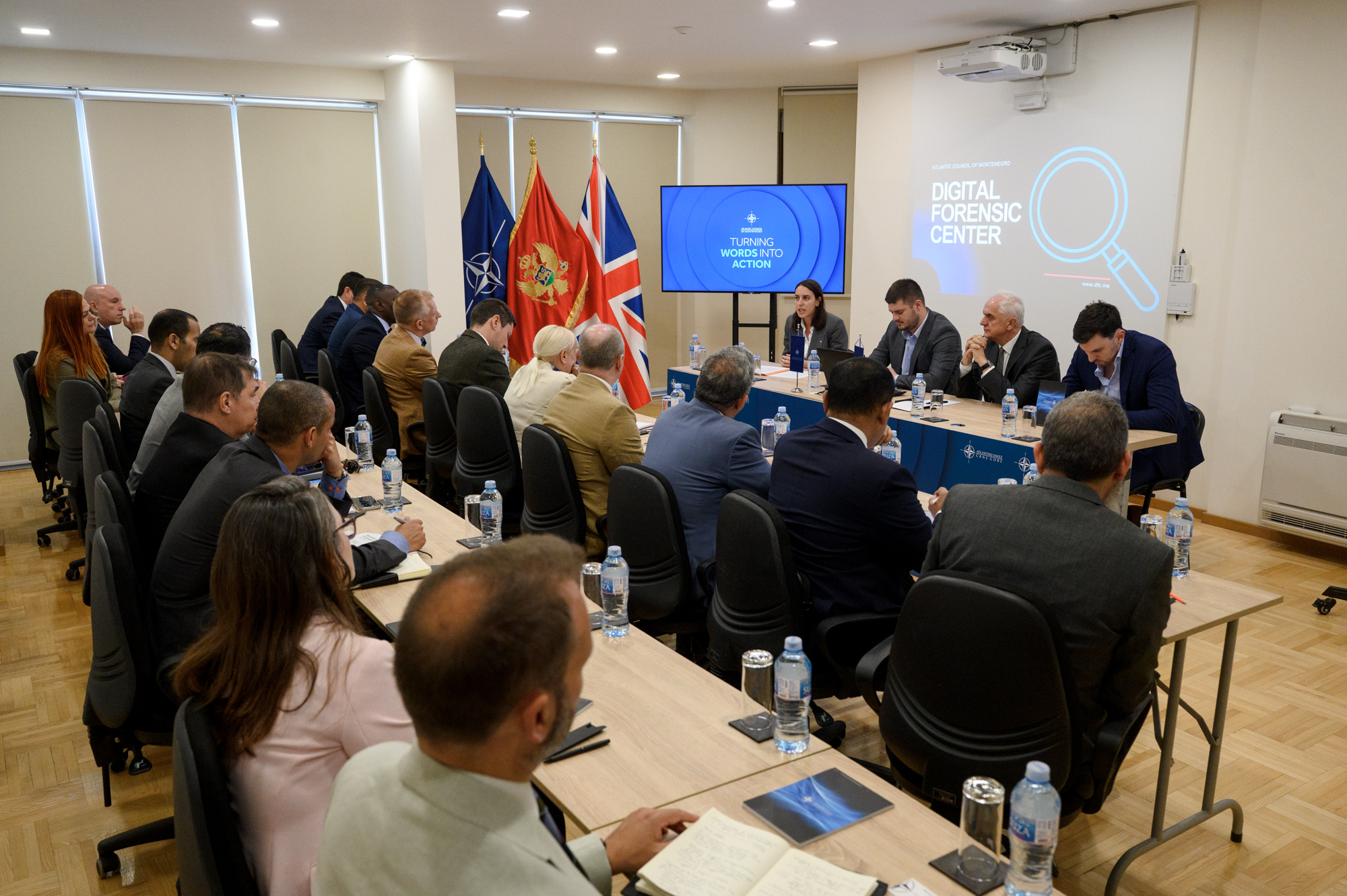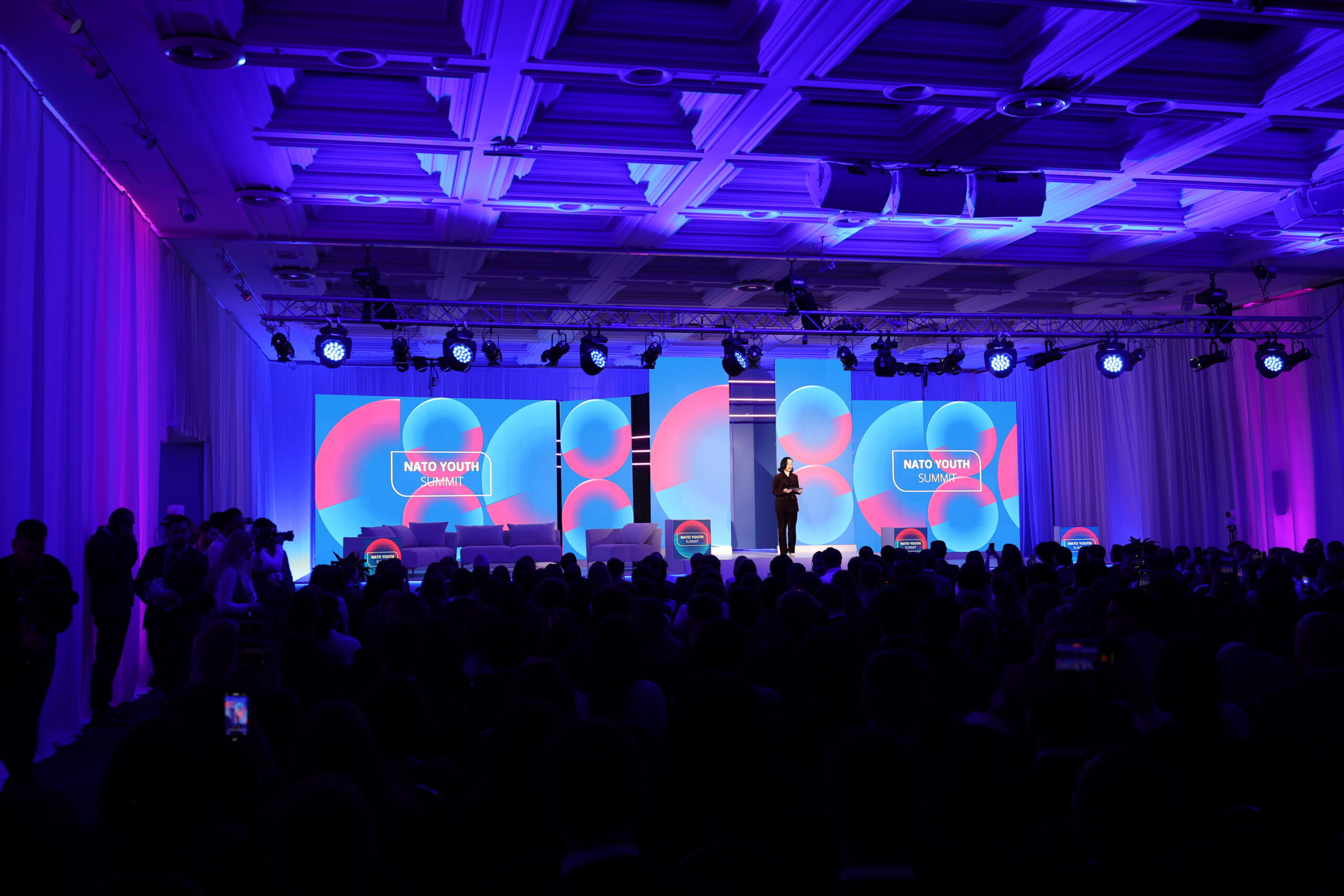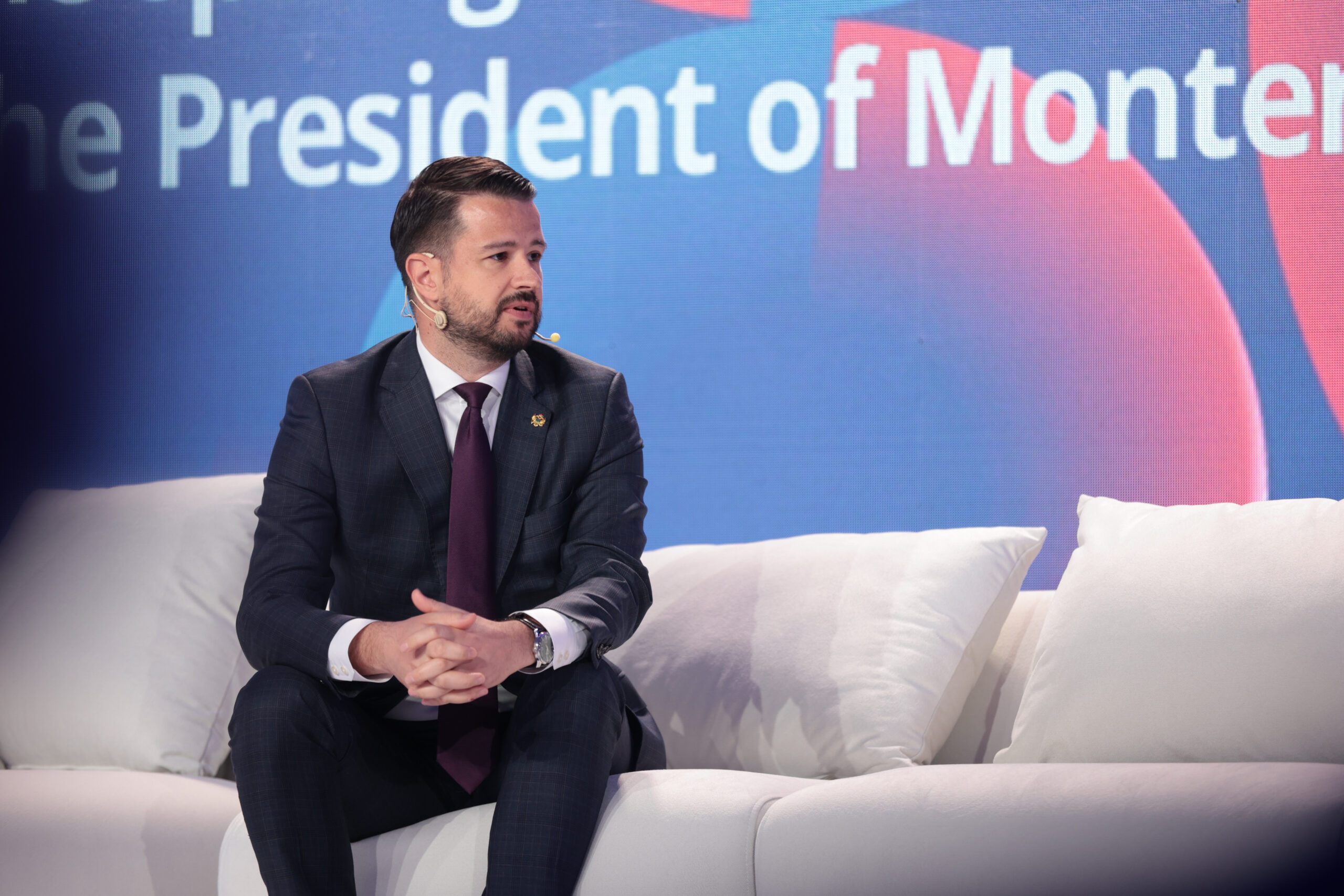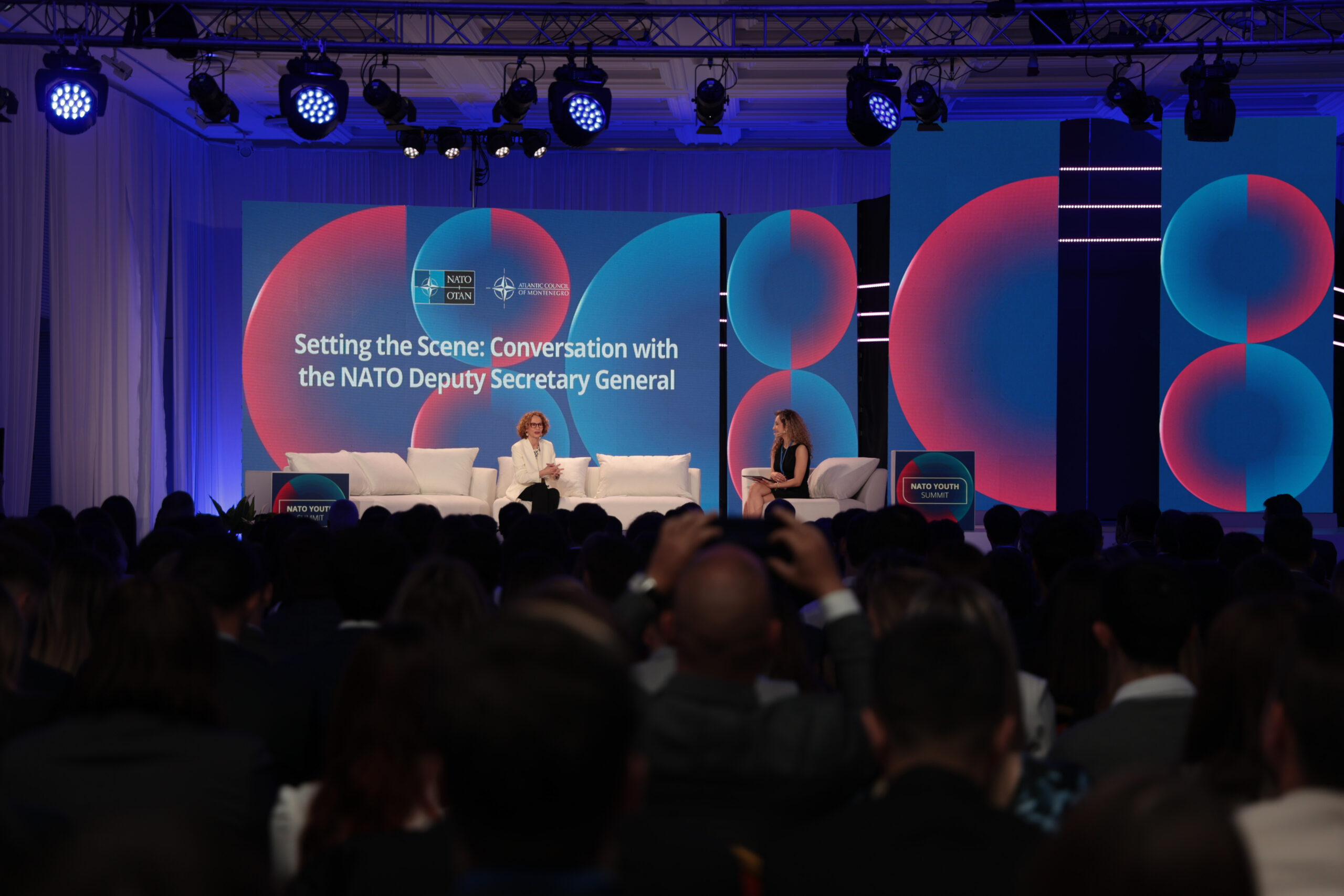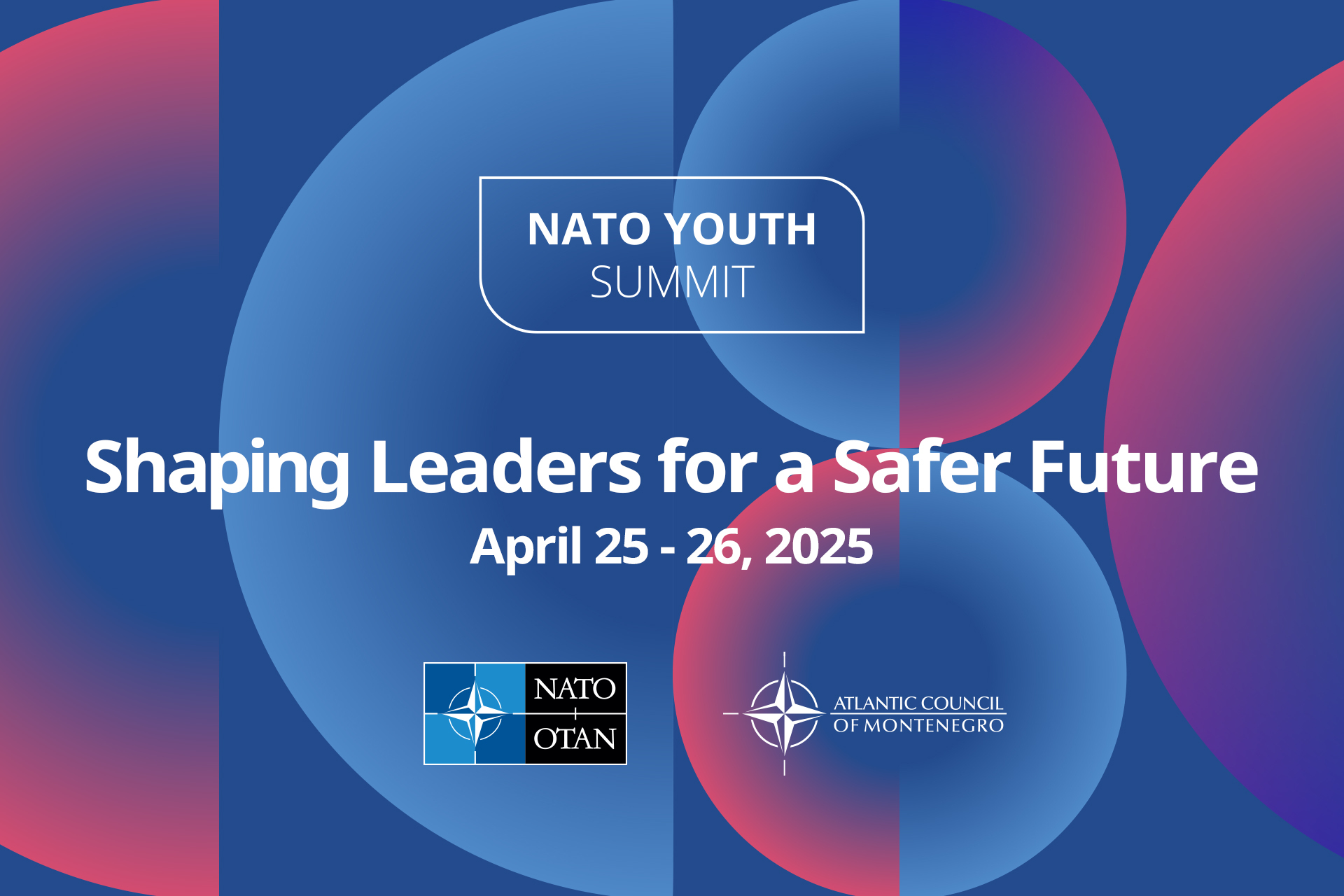The Assembly of the Atlantic Council of Montenegro held on February 25, 2021, in Podgorica elected the new Governance Board composed of Milica Pejanović-Đurišić, John Allen and Sharyl Cross. The Board members are prominent figures with many years of political and expert experience both at home and in the international scene.
The former President of the Parliament of Montenegro Ranko Krivokapić was elected Vice President, while the current President Savo Kentera remains at the head of the Atlantic Council of Montenegro.
The Atlantic Council of Montenegro will continue to be the leading platform gathered around democratic and development principles of euroatlantism. Bearing in mind its commitment to regional and global peace, as well as good neighborly relations, the Assembly underlined the strategic importance of the North Atlantic Alliance for the stability in Europe and the Euro-Atlantic area, including the Western Balkan region. Considering this, the Atlantic Council will enhance its efforts to raise awareness through all possible dialogue forms and to fight propaganda against the Alliance, which has brought peace to the region and defense, security, and stability to Montenegro.
There is a tendency in the Western Balkans for flaws of its nascent democracies to allow room for autocracies reviving retrogressive ideas directly opposed to euroatlantism and once promoting the political platform of wars and conflicts in this region. Unfortunately, these conditions have again brought to the surface the stigma of the Western Balkans as soft underbelly of Europe and euroatlantism, where situations and relations aimed at destabilizing and dismantling the unity of both NATO and the EU occur.
Considering this, as well as the fact that there has been a change in the course of security challenges, which prompts a stronger focus of the Alliance on the political dimension, the Atlantic Council will intensify its participation in global consultations on further adjusting and defining of the new NATO2030 strategy. Therefore, it will take part in seeking a global response to attempts of undermining of the member states’ political institutions, and in tackling radicalization and all forms of extremism, discrimination, and intolerance.
Technological development and digital transformation have fundamentally reshaped the global geopolitical landscape by changing governance structures, posing professional challenges, and requiring innovative political responses. In this context, the Assembly concluded that the Atlantic Council of Montenegro has potential to continue, in cooperation with its partners, developing towards carrying out of comprehensive analyses of political, socio-economic, environmental, and security implications of new technologies, by mapping possibilities for the development of innovation ecosystems and by recruiting young talents from Montenegro, the region and beyond.




